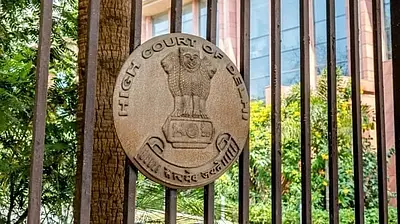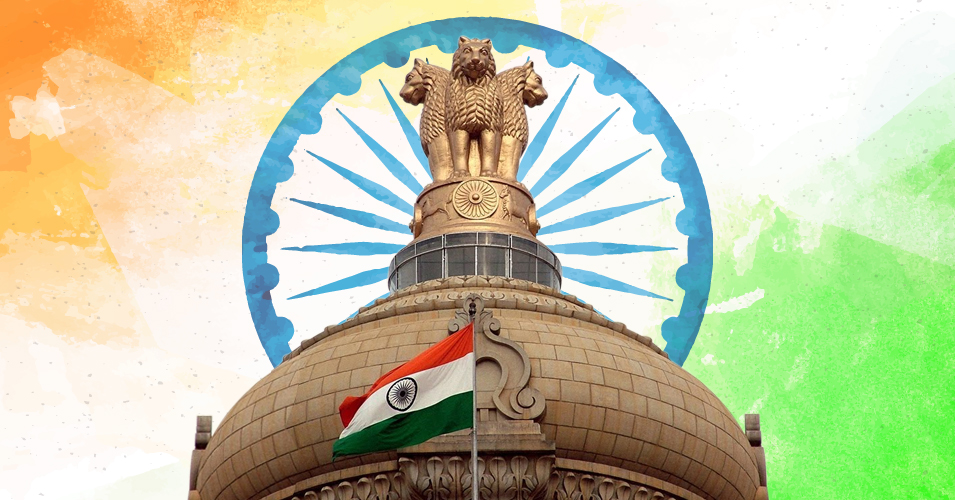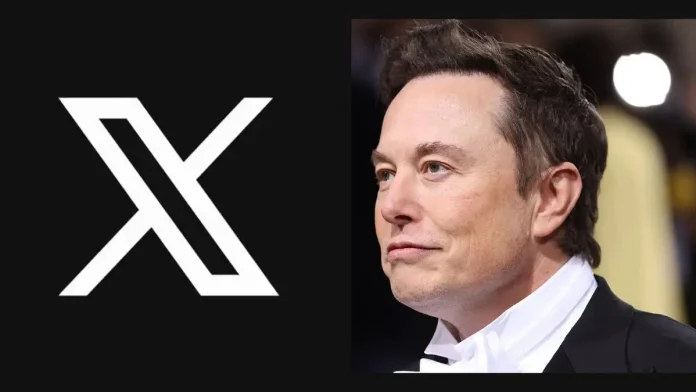- Looking around the globe will reveal that the freedom of speech bandied by every concerned citizen deserves consideration simply because constitutional propriety and democratic norms dictate the imperativeness of upholding rights as guaranteed. The Indian Constitution is forthright in articulating the rights of the citizens unambiguously. As such, freedom of speech is also one of the most basic aspects guaranteed for the benefit of citizens. Of late, with the advent of digitization and social media overtaking overwhelmingly dishing out real-time information, the sound and fury surrounding free speech gets magnified. The issue of fake news and deepfake is real and deserves greater scrutiny on the part of the government. No questions asked.

PC: Deccan Herald
- The Union Government is pushing ahead with efforts with takedown orders on social media platforms. On their part, some of the social media platforms like X are showing resistance to such moves by filing lawsuits against the government. As reported recently, in two cases, one fight needs detailed attention. In Delhi HC, social platform X has said it cannot be compelled to join the Union home ministry’s nodal cybercrime portal Sahyog. It said it cooperates on all crime-related matters. In Karnataka HC, X has filed a petition saying GOI has created a censorship mechanism using Section 79(3)(b) of the IT Act and Sahyog portal. IT Act’s Section 69A is the main tool that empowers GOI to direct intermediaries like social media platforms. Why?

PC: Vajiram & Ravi
- To block access to material online that meets criteria from national security to public order etc. X and India’s govts have long been at loggerheads over their differing assessment of what constitutes free expression and harm to public order. Section 79(3)(b) of the IT Act is a separate blocking process that mandates online platforms to remove content when directed by a court order or govt notification. It removes safe harbour provisions for intermediaries – making them liable for third-party content – if they don’t comply. It’s been argued that Section 79(3)(b) creates a gray zone for takedowns, encouraging often arbitrary use by a wide range of law enforcement agencies, ministries, and govt depts. Therein lies the crux of the matter.

PC: EBC
Remember, X in its previous avatar had lost its safe harbour protection in 2021 for not appointing compliance officers. It fell in line soon enough. Now, X has sued GOI alleging unlawful content regulation and arbitrary censorship. While Trump’s US is moving towards unrestrained expression online, it’s also true that social media companies haven’t created sufficient protection against malice or incitement. Indian govts, on the other hand, have a low threshold for restrictions: journalists’ stories, farmers’ protests, handling of Covid, the tag of manipulated media, satires, and even documentaries. However, X must fall in line with the sovereign country’s rule of the law of the land. Let’s be clear that X cannot be extended exemption.






